Written By:
 Kent Ng
Kent Ng
Your Dedicated & Trusted Legal Team
3 Generations & 100+ Years of Combined Legal Experience
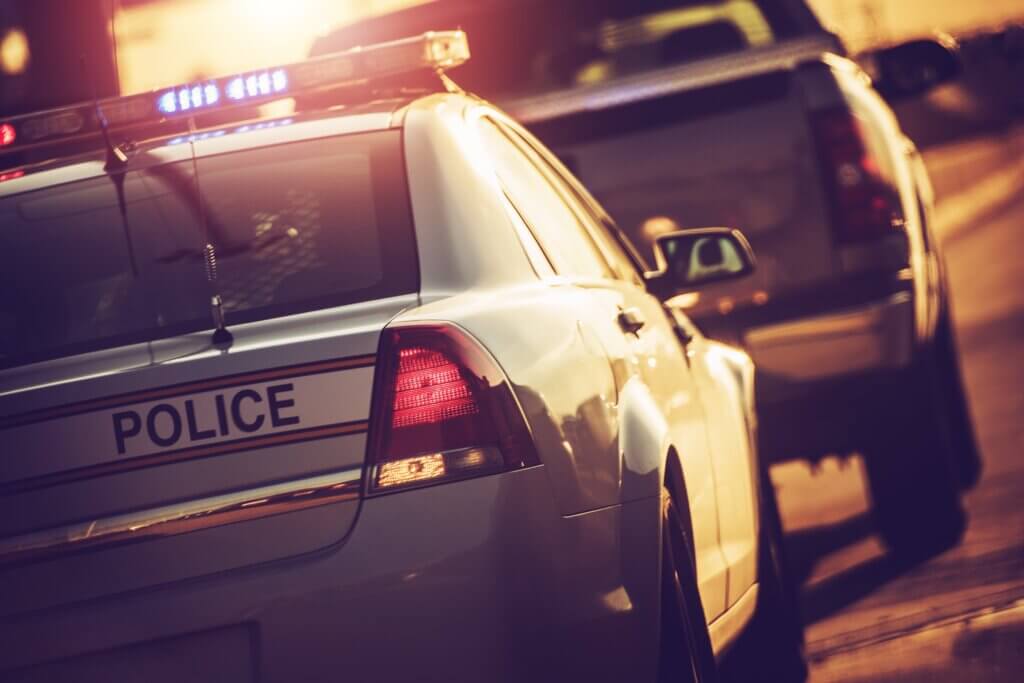
We’ve all driven by a vehicle pulled over by a police car. It might cause us to wonder…Why was the car pulled over? What if the same thing happens to me? What should I do and what questions can I ask the officer without escalating an already tense situation?
Being pulled over by the police will likely cause most people some degree of anxiety. In this article, we’ll review how you should respond, and what information you can expect to provide and receive during a traffic stop.
How Should I Act?
Law enforcement can’t stop someone unless there’s a traffic violation or equipment failure, like a broken tail light…in other words, it has to be a “lawful” stop. First and foremost, stay calm. Pull over right away, turn off the engine, turn on the internal light, open the window part way, and place your hands on the steering wheel so the officer can see them when he approaches your vehicle.
Throughout the traffic stop, you and any passengers should avoid making sudden movements, and always keep your hands where the officer can see them. Doing these things can improve the outcome of the stop because the officer will see that you intend to cooperate fully.
The first thing police will do when they pull over a vehicle is identify themselves and, when requested, you should be prepared to show your driver’s license, registration, and proof of insurance. The officer may not tell you why you were pulled over at this time. He or she will return to their patrol car to run your information on their computers. When the officer returns, you’ll be handed a summons. It will state the violation (what you are being charged with); the location, time, and date of the stop; and what you need to do to address the summons.
I’ve written over 15,000 tickets in my career. I realize sometimes people are in a rush to get to work in the morning or the coffee tips over your vehicle. I can tell you there’s a fine line when deciding whether or not to issue a summons. But I’ve pulled over the same motorists three times within a six-month period. If I saw them committing the same violation over and over again, I’d certainly issue a summons.
Your Rights During a Stop
Technically, you have the right to remain silent during a traffic stop. For example, you do not have to answer any questions about where you are traveling from or where you are going. If you wish to exercise your right to remain silent, you must actually tell the officer this. In some states — including New York and New Jersey – you may be required to provide your name if asked to identify yourself. If you refuse to do so, the officer may bring you to the police precinct/station to validate your identity.
You also do not have to consent to a search of yourself or your belongings, but police may pat you down if they have reason to suspect a weapon is present. Note that refusing consent to a pat down may not stop the officer from doing it, but voicing an objection beforehand or during the search may help your case if the traffic stop results in a future legal proceeding.
There are gray areas though. We may search a vehicle for probable cause, like a visible marijuana joint or open container of alcohol. But we cannot go into the glove compartment or trunk without consent. We also cannot search the vehicle if we merely smell the odor of marijuana, but if we call for a police canine unit that detects the presence of the drug, then we can search the vehicle.
Finally, drivers have the right to know the officer’s name, badge number, and which law enforcement department they work for. Equally important, you can ask for the reason(s) why you were pulled over. All of the information is also found on the summons if the officer doesn’t not actually tell you this information.
What About Passengers?
Like the driver, passengers should also remain calm and should place their hands on the dashboard, in plain sight for the officer. In rare instances, a passenger may be able to leave the scene if it’s safe and reasonable to do so. If the officer agrees, he or she may leave, but do so quietly and without causing a commotion.
Although the driver may be asked to provide identification and other documents (such as a valid insurance card), passengers don’t have to show their driver’s license or any identification for a traffic violation unless the police have reasonable evidence of their involvement in a crime as well.
Generally speaking, police are not looking for a routine traffic stop to escalate into something bigger. If you also do your part to prevent this from happening, both you and the officer will be on your way once the reason for the stop is addressed.
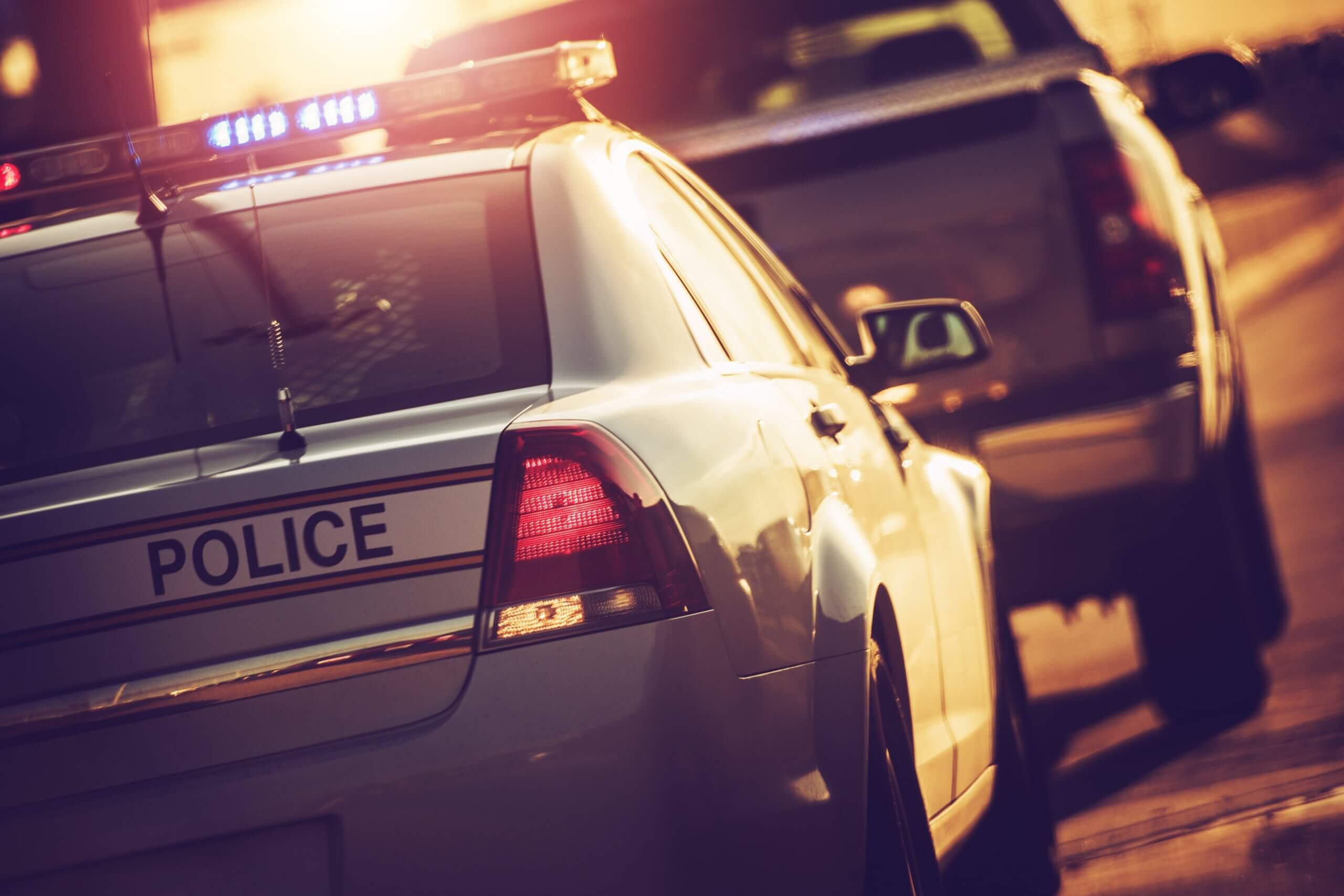
Latest from Our Blog
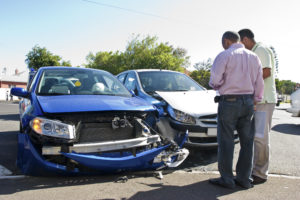
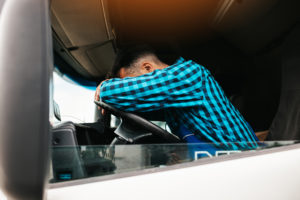
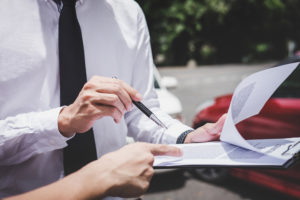
Editorial Standards
Rosenblum Law is committed to delivering informative content of the highest quality. All content is subject to our rigorous editorial standards for relevance, accuracy, sourcing, and objectivity. Everything is fact-checked by an editor and reviewed for legal soundness by one of our practicing attorneys prior to being published.
How to Cite Rosenblum Law’s Article
APA
Kent Ng (Nov 18, 2021). 14 Ways to Get the Most from Your Accident Claim. Rosenblum Law Firm, https://rosenblumlaw.com/14-ways-to-get-the-most-from-your-accident-claim/
MLA
Kent Ng "14 Ways to Get the Most from Your Accident Claim". Rosenblum Law Firm, Nov 18, 2021. https://rosenblumlaw.com/14-ways-to-get-the-most-from-your-accident-claim/




